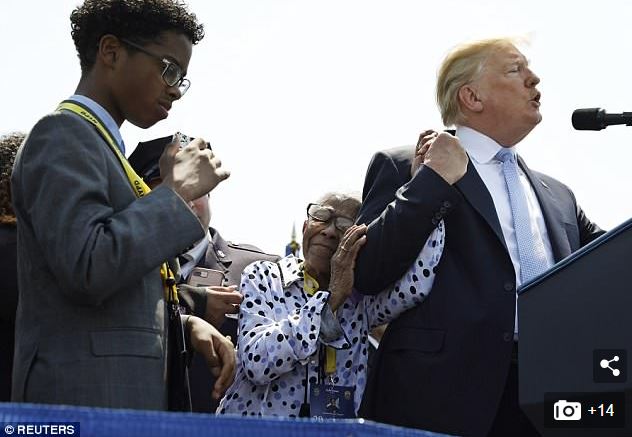Just a few brief thoughts.
One:
It seems to me quite clear, at the risk of incurring judicial wrath, that Justice Bromberg would very much like to find against Andrew Bolt and the Herald and Weekly Times.
There have been a few comments and questions from the bench which indicate this. For example, his remark that “It (freedom of speech) is not an unqualified right. Never has been.”
No one had said it was. Certainly Andrew’s team had made no such claim. So why make this comment?
I could be quite wrong. Justice Bromberg may genuinely intend to put aside any feelings or political values he may have or espouse, and make his judgement solely on the basis of relevant legislation and precedent.
But at very least, it is unwise for a justice, during the course of a trial, to make gratuitous remarks which could beconstrued as indicating a bias.
Two:
It is simply nonsense to suggest that public discussion of another person’s ethnicity is out of bounds because it is necessarily racial vilification.
Say I was to discover that my maternal grandmother had been a member of the Ngapuhi tribe. One of my adopted sisters is a Ngapuhi woman, and my family had lived in Northland for a long time before coming to Australia, so this is not beyond the realms of possibility.
Say I then decided on this basis that I was a Maori. I would expect some pretty merciless mocking from my mates.
If I decided to return to NZ and to claim benefits or awards on the basis of being a Ngapuhi man, I would expect that this claim would be scrutinised.
I would also expect to be able to show the basis on which my claim was made. I would not feel insulted by requests to do this.
Even I did feel insulted, that would say more about my own conceit than anything else.
There is no right under law not to be offended.
Three:
Underlying the complaint in the Bolt case, and, it seems to me in some of Justice Bromberg’s remarks, is the assumption that race is less about race than it is about identity, community and culture. Some of the comments from the complainants go as far as suggesting that anyone who does not hold this new view of race is ipso facto a racist or eugenicist.
There may be instances where it is helpful to take culture and identity into account when race is being determined.
But that is different from saying that culture, identity, community are what matter, and that actual racial background and inheritance do not. A person who is ethnically Han Chinese is still ethnically Chinese even if she was born in Australia and knows nothing of Chinese culture or language.
I would be happy to see some public discussion of this. But it would be extraordinary if people who still thought that race was primarily about race found themselves in trouble with the law because they held and expressed that opinion.






